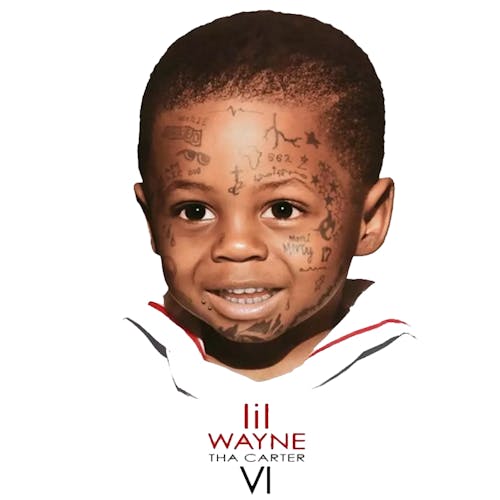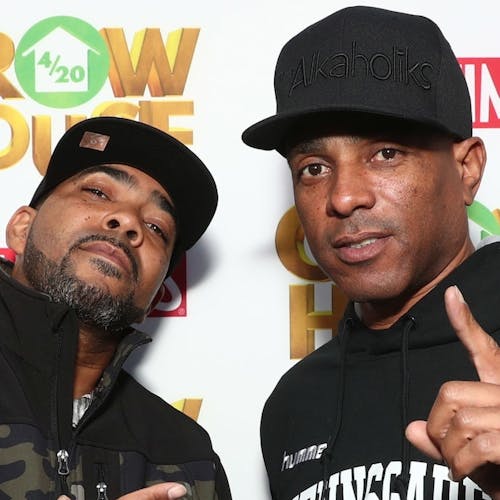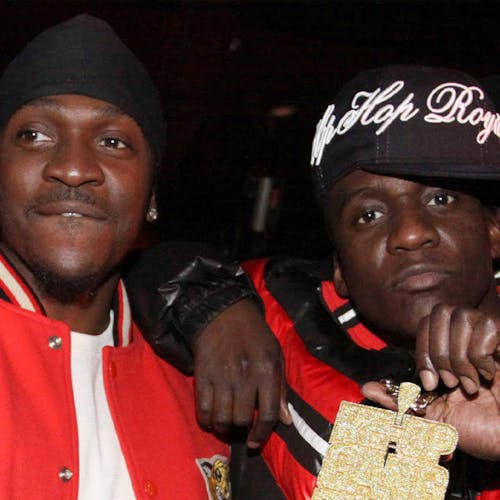Fresh-faced and eager to make his mark on the music industry, he quickly signed acts like Bow Wow, Kriss Kross, Da Brat, Xscape, Usher and TLC with varying degrees of success. All of them, at one point, produced platinum-selling albums and became synonymous with So So Def’s ‘90s takeover.
Thirty years later, Dupri has positioned himself among the entertainment elite; he’s a Songwriters Hall of Fame inductee, he has a star on Atlanta’s Black Music Walk Of Fame and at least one Grammy Award lining his shelves. He also has the honor of signing Atlanta’s first rap group, Silk Tymes Leather.
At this stage in his career, Dupri has an abundance of hard-won wisdom to pass down. The 51-year-old recently partnered with TIDAL on a new product called TIDAL Collabs, which helps emerging artists discover and connect with recommended collaborators in an effort to jumpstart the collaboration process. He admits being somewhat opposed to collaborating with other people when he first started but eventually understood the value in it. In fact, without collaborating with Joe "The Butcher" Nicolo on Kriss Kross, we might not have seen “Jump” or “Warm It Up” have the kind of impact they did.
“When I did Kriss Kross, I became the youngest producer with a No. 1 record,” Dupri tells Rock The Bells. “But prior to that, Warner Brothers wanted me to work with this guy Joe The Butcher, and I didn't understand why. I'm like, ‘He don’t make my beats. He's white.’ I had every problem in the world, right? Because as a young Black kid coming up, I didn't understand the reason for them telling me to do this. And their reason for doing it probably wasn't actually correct, but it ended up working. When I got there, I could identify what he had that I didn't have and what I had that he didn't have.”
From there, Dupri just kept connecting the dots and strengthening his industry relationships, while penning songs for artists such as Mariah Carey, Da Brat, Lil Kim, MC Lyte, Usher, Monica and Destiny’s Child along the way. But Dupri didn’t take the easy route—as he notes, “Hip-Hop isn’t a lazy genre.” Instead, he put in his 10,000 hours and tirelessly worked on perfecting his craft, something he finds missing in the era of “microwave rap.” He believes there’s a way to fix that though—information.
“It's a lack of information and people’s cockiness overriding people actually being cold and taught how to actually make music,” he says. “The one thing I hate about the music industry is that people think that the music industry is so easy and you can just get in it and go. It’s not. No sport is like that. I feel like people gotta respect music a little bit more.”
Dupri mentions a lack of “information” multiple times during the conversation, especially when the topic of the Billboard 200 chart is brought up. Only four rap albums have landed at the No. 1 spot in 2023—Lil Uzi Vert’s The Pink Tape, Travis Scott’s UTOPIA, Rod Wave’s Nostalgia and Drake’s For All The Dogs—which many have chalked up to the dismal state of mainstream rap music. Dupri, on the other hand, seems to think Hip-Hop has moved too far away from its analog roots.








